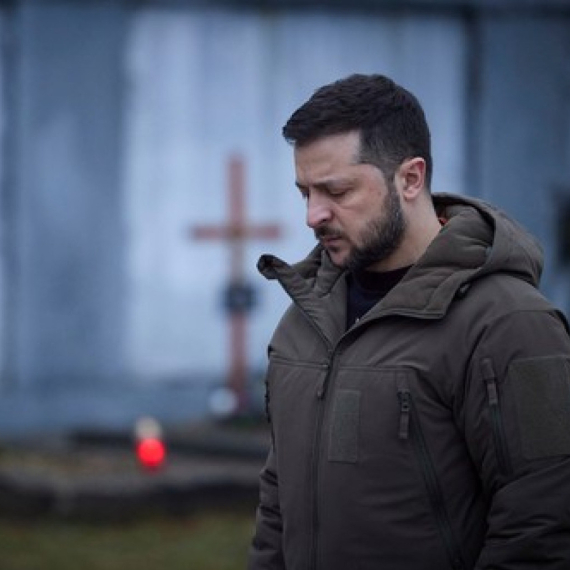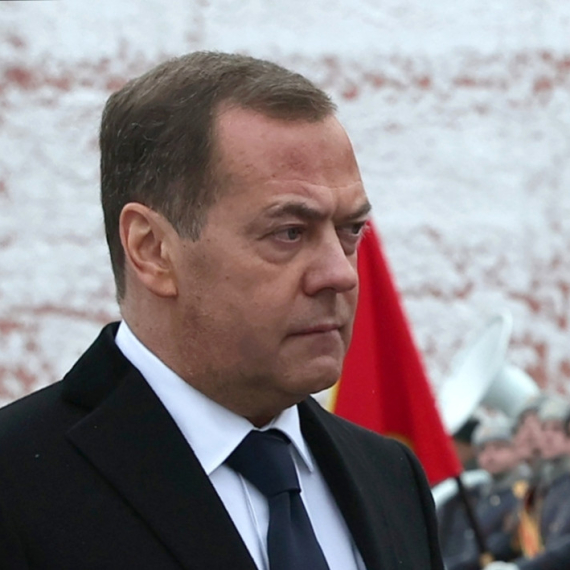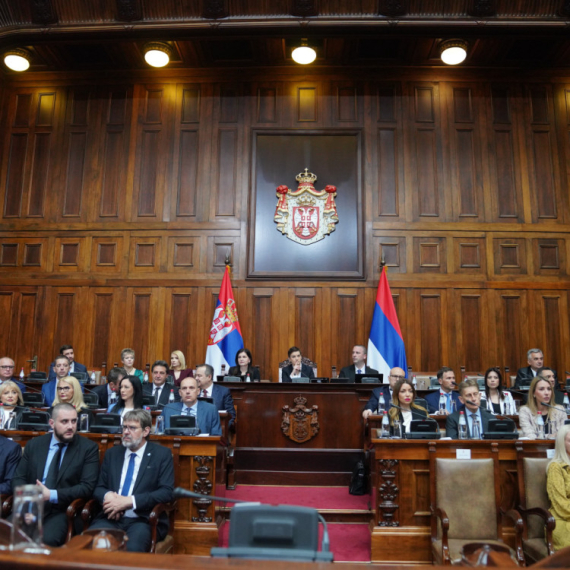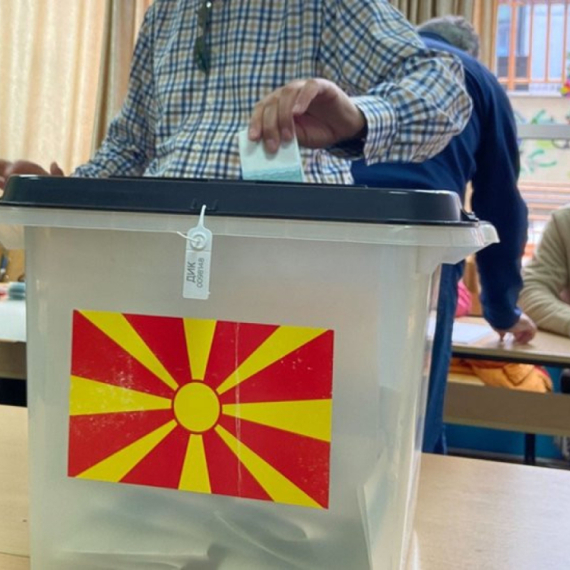“U.S. Kosovo policy open to new ideas”
The U.S. position on Kosovo is clear, but doors are "still open for a more creative approach," Charles Kupchan says.
Wednesday, 03.10.2007.
15:19

The U.S. position on Kosovo is clear, but doors are "still open for a more creative approach," Charles Kupchan says. Kupchan, a Balkan expert at the Washington-based Council for Foreign Relations, says even though the United States has a clearly defined position regarding Kosovo, it has "left the door open for a new and creative solution of the Kosovo status.” “U.S. Kosovo policy open to new ideas” According to him, there are two roads the U.S. might take in resolving the issue. It may look for a solution that would involve talks with Russia, and consider of some sort of a hybrid status for Kosovo, which all concerned parties could accept. “The other option is to, just in case, prepare to act in December, should the Contact Group Troika conclude that, despite all the efforts, the direct negotiations have been fruitless." "Washington would then try to shore up as much support as possible from the European Union for supporting Kosovo’s independence,” Kupchan argued. He added that the partition of Kosovo was for a long time regarded as the last option and a back-up plan, currently shelved, "but never completely discarded." “In my opinion, partition is possible, but judging from current standpoints of Brussels, Washington and Pristina, it is not a plausible scenario." "They believe partition will trigger a series of new problems,” the expert said, adding that the notion in itself was "appealing, as it might be chance to cut a deal with Belgrade." Nonetheless, Kupchan warned of a situation where Kosovo, upon attaining independence, would ask itself whether or not it truly wanted to begin a new chapter of its history with a considerable part of its land and Serb population there that does not want to be part of the new state. “In the context of that scenario, the partition concept might still be an option.” According to him, other ideas are also being heard, including those of having two states and one sovereignty, which means Kosovo would be practically independent, but legally remain a part of Serbia. “Even among those circles claiming there is a moral and legal basis for independence, there are people against it because of unforeseeable political consequences and a possible precedent.” “The most challenging aspects of an independent Kosovo concern the fate of the Republic of Srpska. The Bosnian Serbs might demand partition in the context of a decentralized Bosnia and look to adjoin Serbia,” Kupchan said. The second problem, he added, concerns Macedonia, the western part of which is predominantly populated by ethnic Albanians, "who might seek autonomy."
“U.S. Kosovo policy open to new ideas”
According to him, there are two roads the U.S. might take in resolving the issue. It may look for a solution that would involve talks with Russia, and consider of some sort of a hybrid status for Kosovo, which all concerned parties could accept.“The other option is to, just in case, prepare to act in December, should the Contact Group Troika conclude that, despite all the efforts, the direct negotiations have been fruitless."
"Washington would then try to shore up as much support as possible from the European Union for supporting Kosovo’s independence,” Kupchan argued.
He added that the partition of Kosovo was for a long time regarded as the last option and a back-up plan, currently shelved, "but never completely discarded."
“In my opinion, partition is possible, but judging from current standpoints of Brussels, Washington and Priština, it is not a plausible scenario."
"They believe partition will trigger a series of new problems,” the expert said, adding that the notion in itself was "appealing, as it might be chance to cut a deal with Belgrade."
Nonetheless, Kupchan warned of a situation where Kosovo, upon attaining independence, would ask itself whether or not it truly wanted to begin a new chapter of its history with a considerable part of its land and Serb population there that does not want to be part of the new state.
“In the context of that scenario, the partition concept might still be an option.”
According to him, other ideas are also being heard, including those of having two states and one sovereignty, which means Kosovo would be practically independent, but legally remain a part of Serbia.
“Even among those circles claiming there is a moral and legal basis for independence, there are people against it because of unforeseeable political consequences and a possible precedent.”
“The most challenging aspects of an independent Kosovo concern the fate of the Republic of Srpska. The Bosnian Serbs might demand partition in the context of a decentralized Bosnia and look to adjoin Serbia,” Kupchan said.
The second problem, he added, concerns Macedonia, the western part of which is predominantly populated by ethnic Albanians, "who might seek autonomy."




























































Komentari 19
Pogledaj komentare